Race and Ethnicity: White - Starting with C
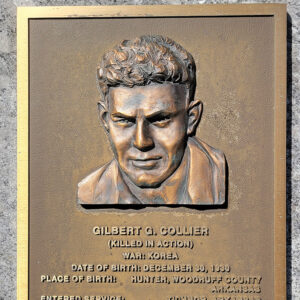 Gilbert G. Collier Plaque
Gilbert G. Collier Plaque
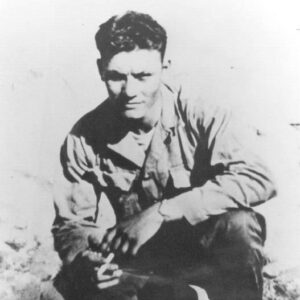 Gilbert Georgie Collier
Gilbert Georgie Collier
Collier, Gilbert Georgie
 Ace Collins
Ace Collins
 Ace Collins
Ace Collins
Collins, Andrew Jefferson “Ace”
aka: Ace Collins
Collins, Linda F.
Collins, Richard D’Cantillon
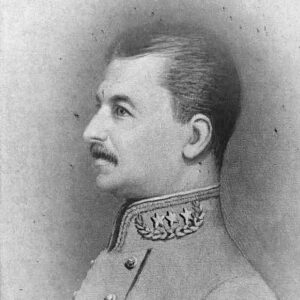 Colton Greene
Colton Greene
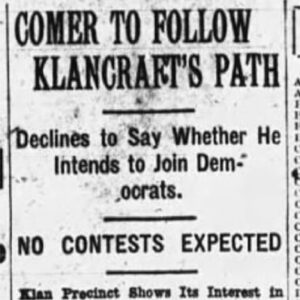 Comer Article
Comer Article
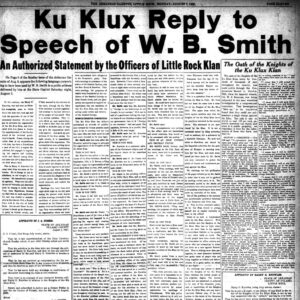 Comer Speech Response
Comer Speech Response
Comer, James A.
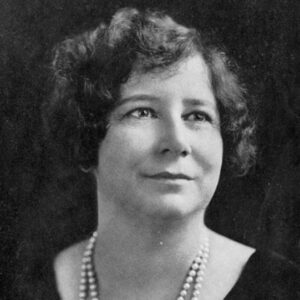 Robbie Gill Comer
Robbie Gill Comer
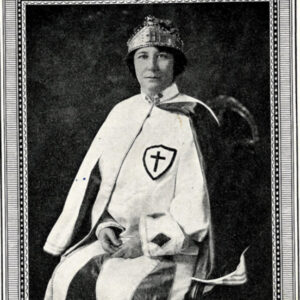 Robbie Gill Comer
Robbie Gill Comer
Comer, Robbie Gill
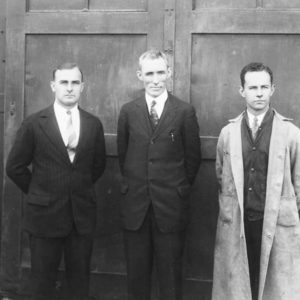 Command-Aire Personnel
Command-Aire Personnel
Committee to Retain Our Segregated Schools (CROSS)
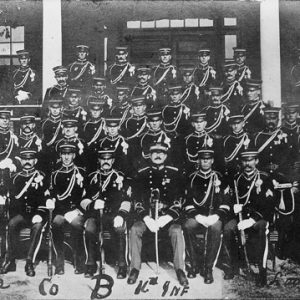 Company B, Sixteenth Infantry, Fort Logan H. Roots
Company B, Sixteenth Infantry, Fort Logan H. Roots
Compere, Ebenezer Lee (E. L.)
Compere, Lee
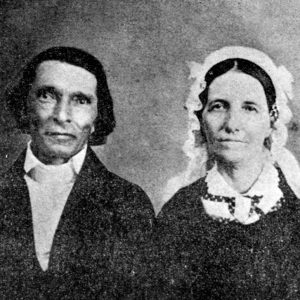 Lee Compere and Wife
Lee Compere and Wife
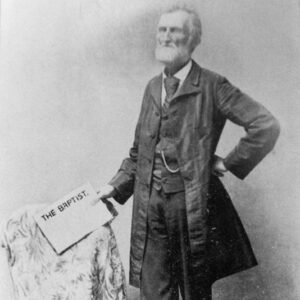 Lee Compere
Lee Compere
Compton, Freeman Walker
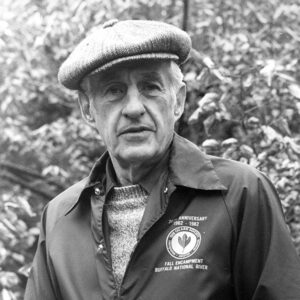 Neil Compton
Neil Compton
 Neil Compton
Neil Compton
Compton, Neil Ernest
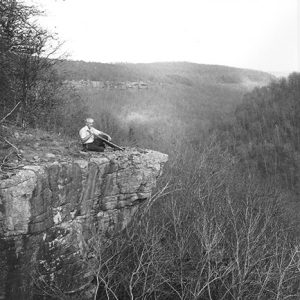 Neil Compton; 1972
Neil Compton; 1972
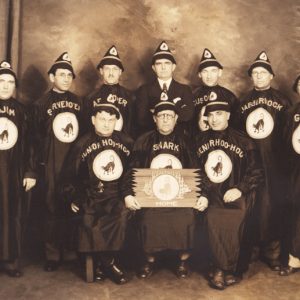 Concatenated Order of Hoo-Hoo
Concatenated Order of Hoo-Hoo
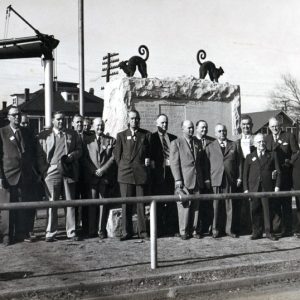 Concatenated Order of Hoo-Hoo
Concatenated Order of Hoo-Hoo
Cone, John Carroll
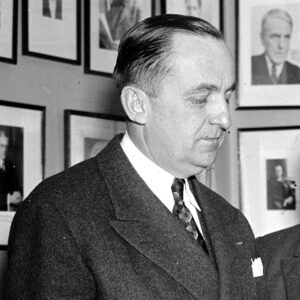 John Carroll Cone
John Carroll Cone
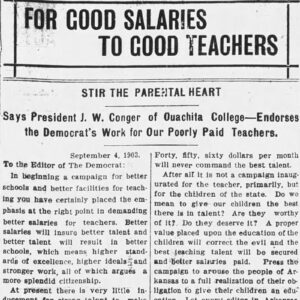 Conger Letter
Conger Letter
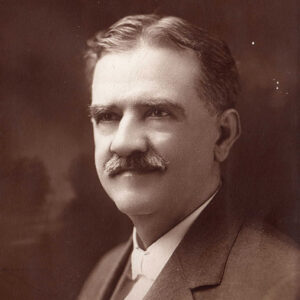 J. W. Conger
J. W. Conger
Conger, John William
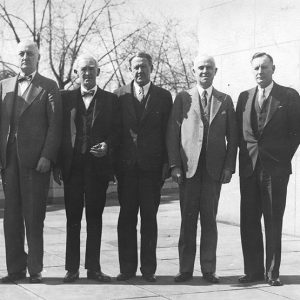 Congressional Delegation, 1934
Congressional Delegation, 1934
Connelly, Mary
Conner, Laura Cornelius
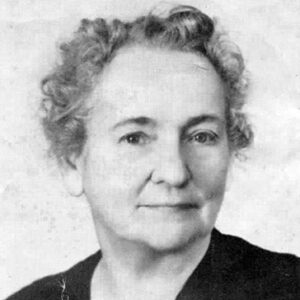 Laura Conner
Laura Conner
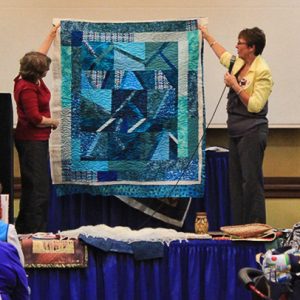 Contemporary Quilt
Contemporary Quilt
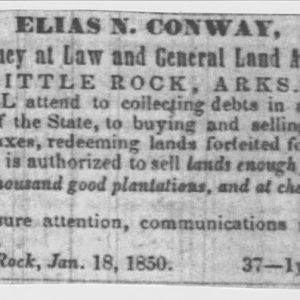 Conway Law Ad
Conway Law Ad
Conway-Crittenden Duel
aka: Crittenden-Conway Duel
Conway, Elias Nelson
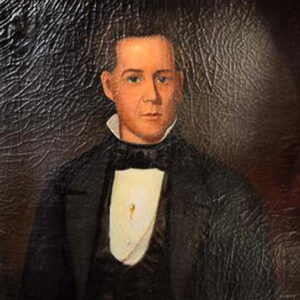 Elias Nelson Conway
Elias Nelson Conway
Conway, Henry Wharton
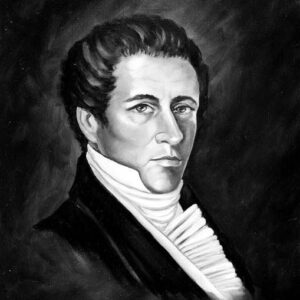 James Conway
James Conway
Conway, James Sevier
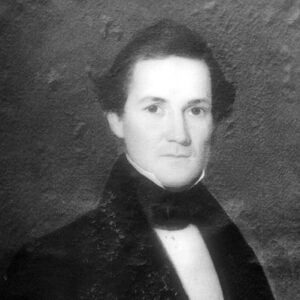 James Conway
James Conway
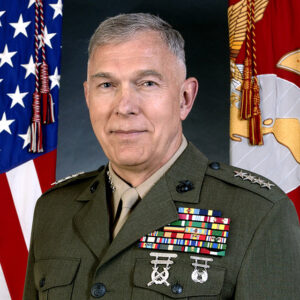 James T. Conway
James T. Conway




